Does Coke Zero Break a Fast? The Answer Might Shock You
Primal Edge Health participates in the Amazon Services LLC Associates Program and other affiliate programs and therefore, may collect a share of sales or other compensation from the links on this page. This comes at no additional cost to you, and all the prices and availability are accurate at the time of publishing.
Coke Zero and other zero-sugar sodas contain zero calories. When you’re intermittent fasting, this begs the question, “Does Coke Zero break a fast?”
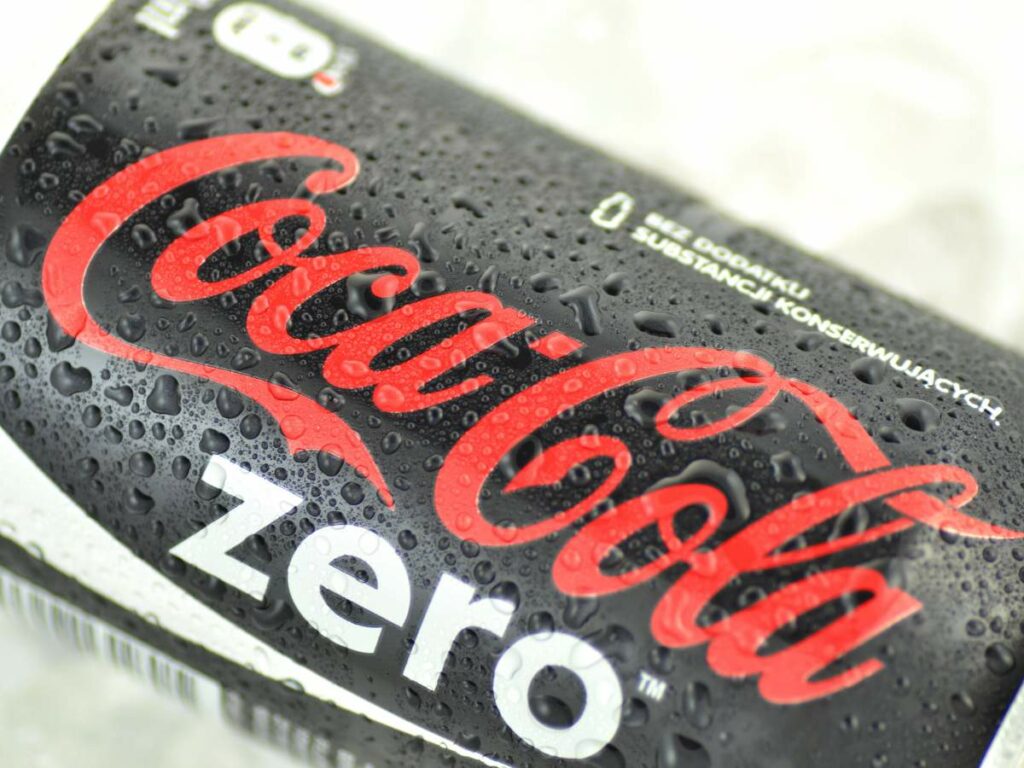
On the most basic level, most proponents of intermittent fasting aim to consume under 50 calories while in their fasting window. So, technically, Coke Zero and other diet sodas won’t break a fast, right?
Unfortunately, it’s not that simple. Let’s take a closer look at what Coke Zero or, more specifically, artificial sweeteners does to our body and how it affects intermittent fasting.
Table of Contents (click to view)
What Are Zero-Sugar Sodas?
From the name itself, zero-sugar sodas are made with no regular sweeteners like sugar or syrups. Instead, they contain zero or low-calorie artificial sweeteners, such as Aspartame, Acesulfame-K (Acesulfame potassium), Sucralose, and Saccharin.
Artificial sweeteners are chemically synthesized substances created to replace table sugar and can be up to 700 times sweeter. These sweeteners have no calories or carbohydrates—or any nutrient, for that matter—which is why we also call them non-nutritive sweeteners (NNS).
Zero-calorie sweeteners are present in various kinds of food products, such as cookies, pancake syrup, candy, chocolate, jam, soda, and much more. You’ll notice that most products with artificial sweeteners often come with the labels “diet,” “sugar-free,” and sometimes also “keto” and “low-carb.”
There are dozens of low or zero-calorie sodas on the market today. Aside from Coke Zero, you might recognize these zero-calorie beverages:
- Dr. Pepper Zero Sugar
- Sprite Zero Sugar
- Mountain Dew Zero Sugar
- Pepsi Zero Sugar
- Canada Dry Zero Sugar Ginger Ale
- 7Up Zero Sugar
- A&W Zero Sugar Root Beer
Originally, these drinks were formulated and marketed for diabetics and dieters. However, it wasn’t long until regular people switched to zero-sugar soda simply for the sake of saving calories. Some even prefer sodas with artificial sweeteners because they are sweeter, as most low-calorie sweeteners are many times sweeter than table sugar.

What Are the Artificial Sweeteners in Coke Zero?
Coca-Cola makes their Coke Zero with aspartame and Acesulfame-K and Diet Coke with aspartame. On the other hand, regular Coca-Cola usually contains high fructose corn syrup or cane sugar, depending on where it’s manufactured.
Coke Zero vs. Regular Coke
We already know that Coke Zero has fewer calories and sugar than regular Coca-Cola. Still, it’s important to take a closer look at how big the differences are. Here’s a comparison based on USDA data:
| Coke Zero (100mL) | Regular Coke (100mL) | |
| Calories | 0 | 39 kcal |
| Carbohydrates | 0 | 10.8 g |
| Sodium | 10 mg | 12 mg |
Based on the calories alone, it’s easy to see why many people choose the zero-sugar alternative. A regular 360mL bottle of regular Coke has about 140 calories, while Coke Zero has, well, zero. You get the same flavor and satisfaction with none of the extra calories or sugar.
Does Coke Zero Break a Fast?
Coke Zero has zero calories, and according to the Diabetes Teaching Center of the University of California, San Francisco, artificial sweeteners don’t raise blood glucose levels. So, technically, Coke Zero does not break a fast.
In the context of the ketogenic diet, Coke Zero and other zero-sugar sodas shouldn’t interfere with ketosis because they don’t have any carbohydrates. Inversely, a regular soda will rapidly increase your blood sugar and take you out of ketosis. Check out the Primal Edge Health Podcast to learn more about our opinions on artificial sweeteners with keto.
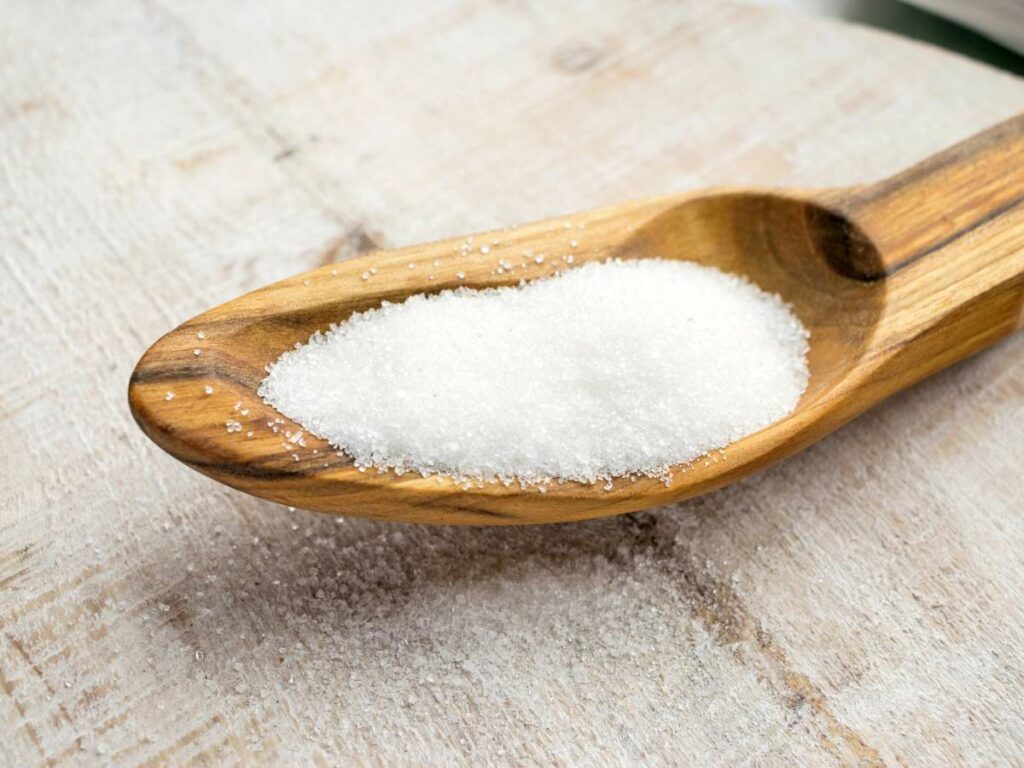
What Are the Potential Risks of Diet and Sugar-Free Sodas?
At this point in our discussion, it’s easy to conclude that calorie-free beverages are okay when you’re intermittent fasting or on a carnivore or keto diet. In fact, many people even say they’re healthier alternatives to sugary drinks since they don’t contribute to your calorie intake.
Both these points are true to some extent. When I transitioned to a low-carbohydrate diet almost a decade ago, one of the first things to go was full-sugar sodas. Diet drinks were big on the market, anyway, so I thought, “I can just drink these instead and not have to worry about calories or sugar in my soft drinks ever again.”
Add to the fact that big companies were marketing these zero-calorie drinks to people with diabetes, I was hooked. However, recent studies show that drinks with artificial sweeteners do more harm than good.
Increased Insulin Resistance
A cross-sectional study published by the Journal of Family Medicine and Primary Care researched the effects of artificial sweeteners on people diagnosed with Type 2 diabetes. The researchers found that patients who use artificial sweeteners had higher insulin resistance, inferring that the pancreas mistakes artificial sweeteners for glucose, which causes an increase in insulin.
Higher insulin levels can decrease the body’s ability to respond to it effectively. This is called insulin resistance or reduced insulin sensitivity, which can eventually lead to elevated blood sugar levels (hyperglycemia).
More recent analyses by the London Medical Laboratory and Johns Hopkins also found similar results in people who ingested saccharin and sucralose. According to Dr. Avinash Hari Narayanan (MBChB), Clinical Lead at London Medical Laboratory, these artificial sweeteners can decrease the insulin response in both diabetics and non-diabetics.
Gut Health Changes
A study on the effect of sweeteners on gut microbiota found that saccharin, sucralose, and stevia extracts can change the populations in the gut microbiome of animals and humans. Theoretically, this shift can cause negative physiological effects in humans, such as a disrupted intestinal barrier, intestinal inflammation, and reduced immunity to disease-causing bacteria.
Moreover, certain polyols can induce flatulence as they reach the colon, especially in people with irritable bowel syndrome. However, the researchers note that there needs to be more human studies to confirm these preliminary findings.
Cardiovascular Disease and Mortality
Just last year in 2023, the World Health Organization advised against the use of artificial sweeteners to meet weight loss goals and avoid non-communicable diseases. The WHO cited available evidence that suggests no long-term benefit in fat loss in children or adults. Moreover, the WHO reviewed findings that suggested the potential effects of long-term intake of artificial sweeteners, including increased risk of heart disease, Type 2 diabetes, and mortality in adults.
This review contradicts earlier studies that recommend low-calorie sweeteners as a way to control diabetes and weight gain. Moreover, experts are divided on whether these sweeteners are safe. We can only wait until new research confirms these findings or the amount of sweetener that is considered safe in most conditions.
What Are Healthier Options for Fizzy Drinks?
Low-calorie and zero-sugar sodas are definitely the lesser evil if you compare them with full-sugar options. Still, there are certain health risks you should consider, and given the recentness of the studies mentioned above, there may be new evidence of these negative effects in the future.
Now, it’s time for the good news: you don’t have to mourn the loss of fizzy drinks if you decide to cut out diet soda. Here are a few suggestions:
- Soda Water with Fresh Fruit Juice: Mix soda water with fresh fruit juice for a delicious fizzy drink when you’re not fasting. My go-to’s are fruits that are easy to juice and offer lots of health benefits, such as oranges, apples, lemons, and berries.
- Sparkling Water with Lime: If you want a cold drink while in your fasting period, try sparkling water with a squeeze of lime. Add mint for an extra fresh flavor.
- Unsweetened Tea and Soda Water: Green tea is a great low-calorie drink that’s perfect for fasting periods. Mix it with carbonated water for a sparkling iced tea, and if you want some sweetness when you’re not fasting, add some honey.
- Soda Water with Apple Cider Vinegar: Apple cider vinegar can help promote gut health and curb hunger pangs while fasting. Combine it with soda water, lemon, and a bit of mint for flavor.
- Sparkling Water with Coffee: Here’s a great option if you’re craving a caffeinated fizzy drink while in your eating period. Make your own bubbly iced mocha with sparkling water, black coffee, unsweetened cocoa, and milk (or dairy-free milk). Opt for low-caffeine coffee for a milder buzz.
- Lemon Water: Lemon water won’t cause an insulin spike, so it’s a good option for intermittent fasting. I drink at least one glass of lemon water on an empty stomach in the morning and find it easier to go through my fasting phase after. Pro tip: add club soda to make it even more refreshing.
Of course, the best option is to stick to plain water. It has no effect on blood sugar or ketosis whatsoever so you can easily meet your fasting goals, and it’s essential to keep every fasting window safe.
If you’re still craving sugar, try eating naturally sweet foods like low-carb fruits, honey, cacao nibs, and vegetables like squash, beets, and carrots during your eating window. Alternatively, I highly recommend my go-to sweet treats for those intense sugar cravings: Keto Avocado Chocolate Mousse and Sugar-Free Hot Chocolate.
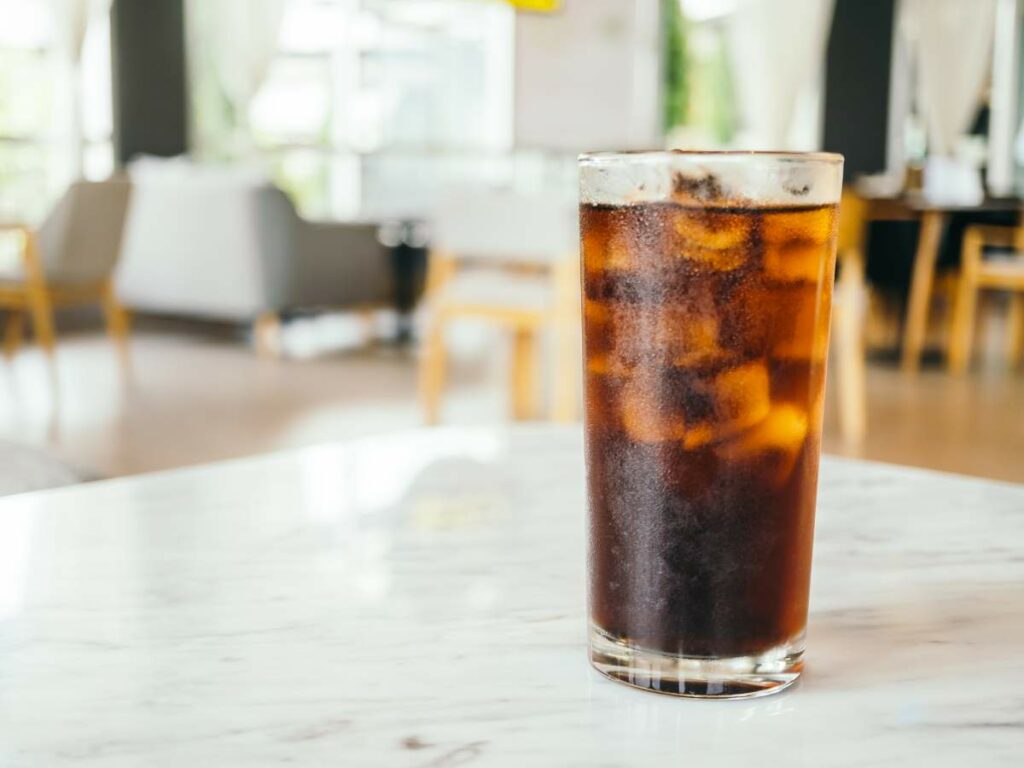
Should You Keep Drinking Zero-Sugar or Diet Soda?
When we look at current evidence on the potential negative effects of artificial sweeteners, there are a lot of contradictory findings and recommendations. Nevertheless, it’s better to err on the side of caution and be wary of drinks and foods that use these ingredients.
Talk to your doctor if you have any concerns about artificial sweeteners, especially if you have a high consumption of diet soda. In the meantime, it might be better to take a Diet Coke break and get your fizzy drink fix somewhere else.
Bottom Line
So, does Coke Zero break a fast? Technically, no, but if you look at the potential negative effects of artificial sweeteners, you might rethink your drink choices. Speak to your primary care provider or a licensed dietitian to learn more about the role of artificial sweeteners on your health, especially if you are at risk of (or have) diabetes.
Explore more of Primal Edge Health to learn more about artificial sugars, their role in the keto/carnivore diet, and healthier drink recipes you can try!

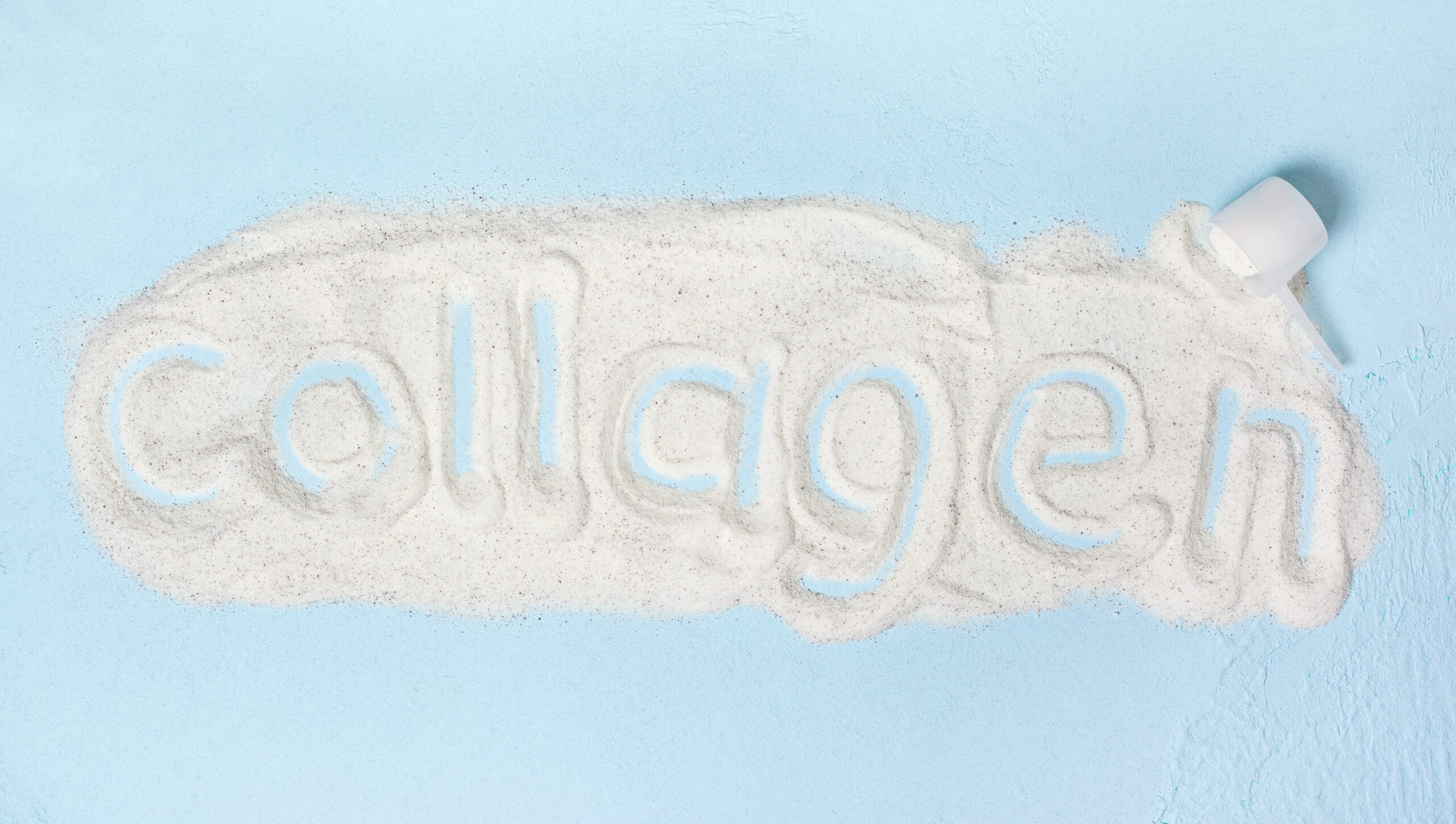
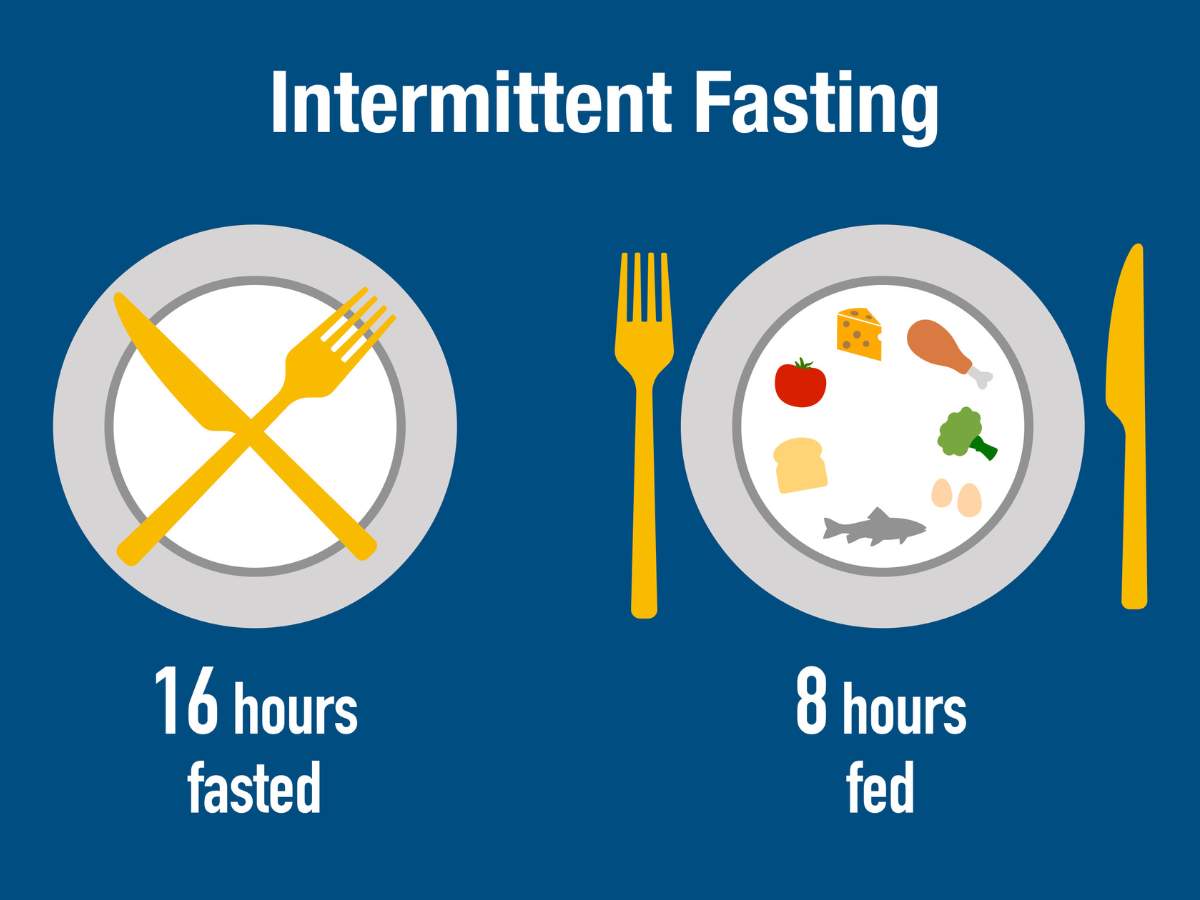

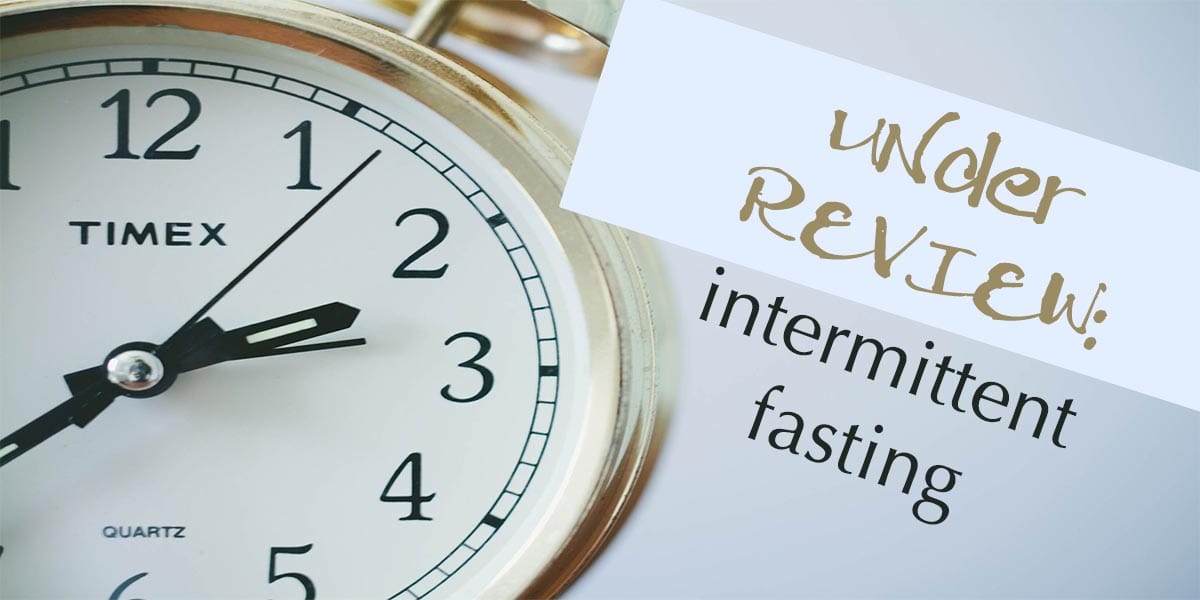

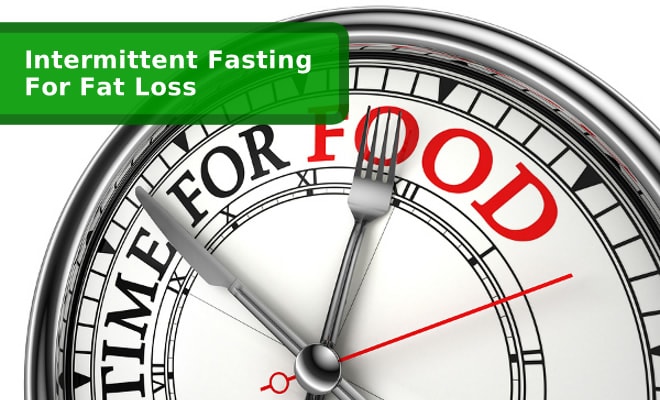
I’ve been hearing in a really vague way about how artificial sweeteners in diet sodas aren’t healthy and might even be worse than regular sugar sodas. Tnx for breaking it down so I can make an informed decision when I do occasionally decide I want to indulge in a coke
You’re very welcome, Calvin. Thanks for commenting.